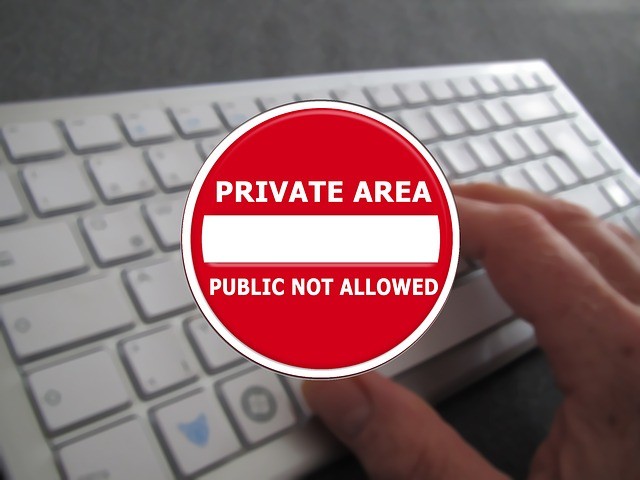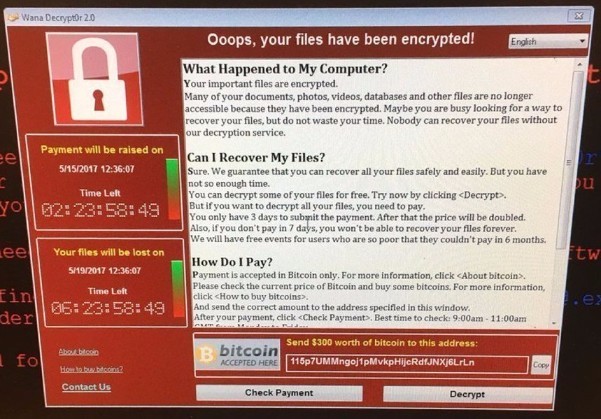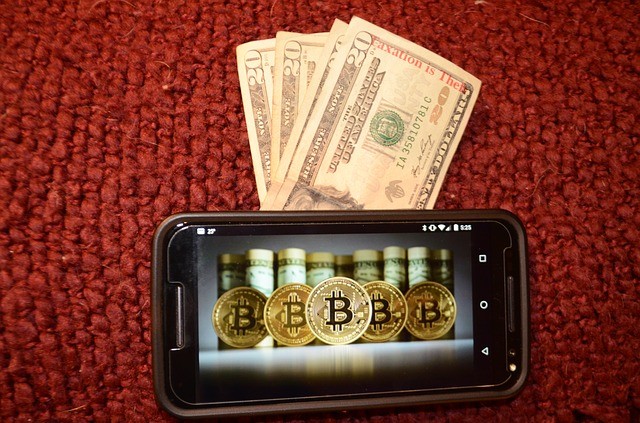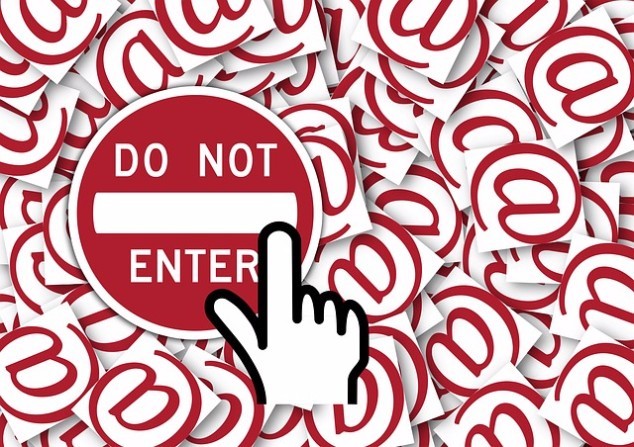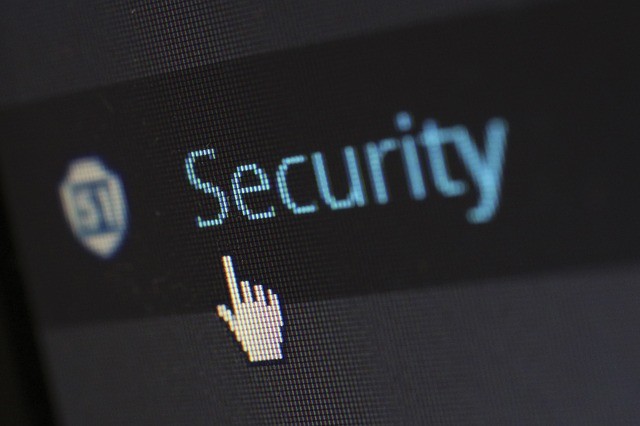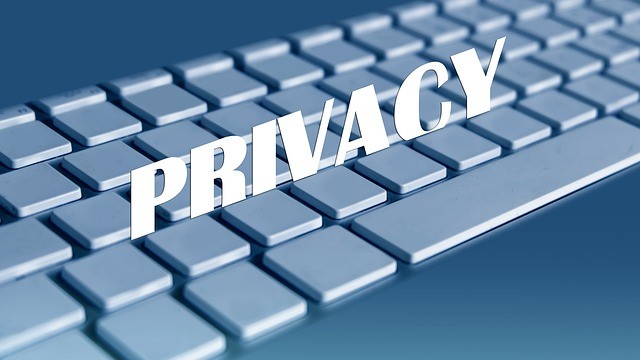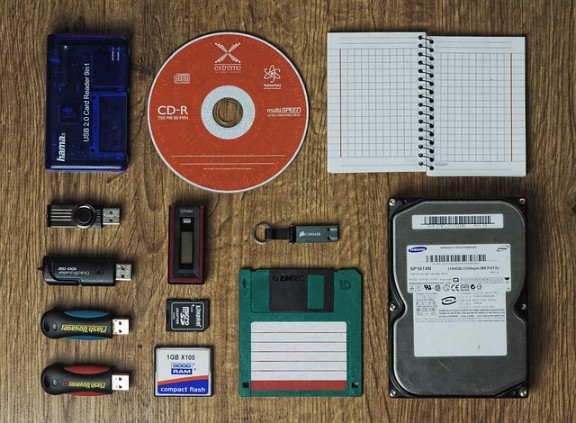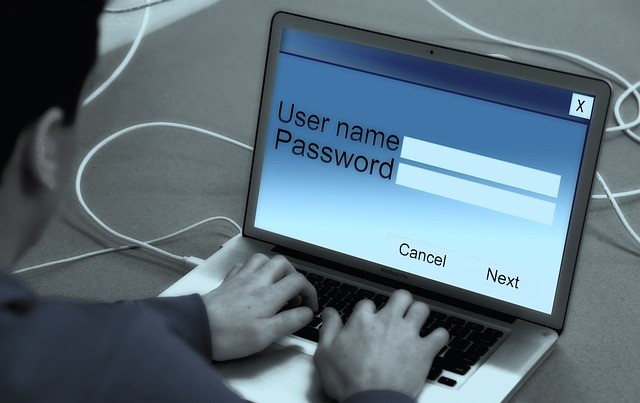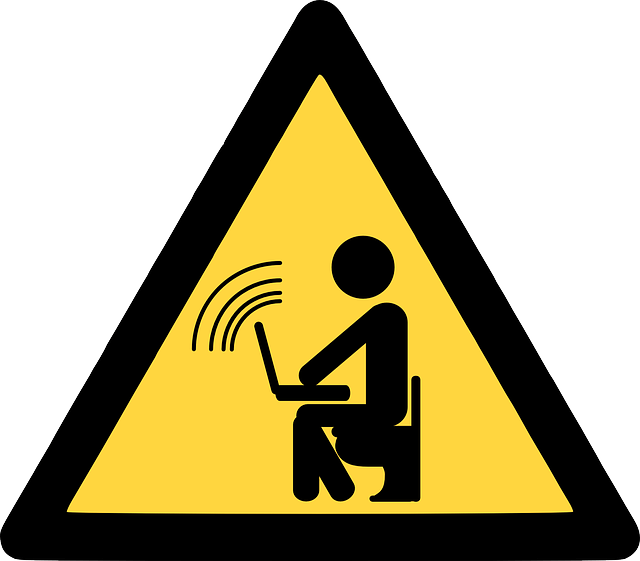In the last few days, the Ransomware called #WannaCry has affected a number of critical systems in India as well as worldwide. You might have heard news of websites as well as infrastructure like ATMs being affected.
This ransomware issue comes just after a massive global cyber attack last week which affected over 150 countries around the world. As our systems and infrastructure increasingly on cyber technology, attacks like these are a great risk to the economy as well as the safety of people.
The impact on India has been so massive that we are supposed to be the third worse-affected country by the #WannaCry ransomware. In India alone, over 40,000 computer systems are believed to have gotten infected.
(In a current news : The Fireball malware has infected over 250 million computers and is capable of executing code on all of them, raising potential for large-scale damage.)
It might have made you wonder: what exactly is ransomware and how does it spread? Basically, computer networks have traditionally been vulnerable to viruses and bugs of all kinds. A virus is a malicious code that infects your computer and attempts to steal information and data from it.
A ransomware takes the menace one step further. It is basically a virus which installs itself on a computer or mobile system and then locks out the user. Then it shows a screen which asks the user to make a huge payment to the hackers if they wish to get their system unlocked.
Since the methodology relies on extorting money from people by demanding a “ransom”, the bug is called “ransomware”.
Ramsonware typically spreads through fake email attachments and malicious apps. In most cases, users get an email that looks from a real sender such as the Income Tax Department etc. (but is sent by a hacker). In this email, the user is asked to download an attachment. Most people do not bother to read the address of the sender carefully and download these attachments which affects their systems.
Hackers have traditionally exploited gaps in security of computer operating systems to spread their menace. Just last year, there had been a huge spate of ransomware attacks on computers which had not upgraded to the latest version of Microsoft Windows.
While software companies constantly research and issue security updates, it becomes difficult for large networks sometimes to keep updating them constantly. This is especially true in case of large server farms and corporate networks where updating means that the network needs to be shut down for a few hours resulting in business losses.
However, individual users like you and me can take some basic and important precautions to ensure that they don’t become victims of such cyberattacks. A simple update and following some basic rules will save you from a lot of headache in the longer terms.
Here, we list out the top 7 ways to keep yourself secure from Cyberattacks:
#7 DO NOT open unknown email attachments from strangers
Email is the de facto form of communication especially in a corporate setup. As a result, people have gotten used to not carefully reading the name or email address of the sender. Hackers exploit this behavior and create email addresses that sound extremely similar to real ones.
For instance, a hacker will send you an email from an address that says info@rbi-india.org.in. Now, a simple check will help you realize that this email address does not belong to the Reserve Bank of India. However, most people do not read carefully and will go ahead and open the email attachment assuming that it is original.
Therefore: always check the email address of the sender very carefully before opening an email. Also, on downloading an attachment, make sure you run it through an anti-virus check before actually opening it.
#6 Secure your computer with a firewall and antivirus
Investing in a good antivirus program helps save a lot of money in the long run. Most people tend to be very casual about cybersecurity and use the default programs that come with their computer. Moreover, people do not remember to keep these programs updated. This is extremely risky.
A good antivirus and firewall program helps protect your system from the most common viruses and malware. Moreover, antivirus companies constantly research the threats in cyberspace and issue patches and updates to keep your program up-to-date. This is a basic area of cybersecurity that any user should absolutely never ignore.
#5 NEVER share personal information online with strangers
Have you ever received a suspicious email claiming that you have won a lottery? Such emails are sent by hackers who then proceed to get your personal information (like bank account number, ATM PIN etc.) from you and use that to defraud you. As a result, it is extremely important to always safeguard your personal information on the internet.
Remember that government authorities or banks will absolutely never ask for your personal information like ATM card number, PIN number, password etc. on email. Therefore, if you ever see an email asking such information, it is most definitely a hacker.
#4 ALWAYS check security settings of websites
Hackers sometimes create fake websites which look like real ones in order to steal your information. As a result, it is important to know how to distinguish between a fake and a real website.
Simply speaking, it only takes a few seconds. Every website that requires your password (such as email, social networks, net banking etc.) runs in a secure encrypted environment. If you go to these real authentic websites, have a look at the address bar in your browser (where you type the website address). You will see a symbol of a lock and the website address will start with “https://“. The “s” here refers to “secure” and the lock icon assures you that your information is encrypted. Fake websites will never have either of these things.
Therefore, every time you visit a website that requires you to enter your personal information, please check for the lock symbol and a https address in order to keep yourself secure.
#3 ALWAYS back up your data
As we mentioned earlier, ransomware attacks tend to lock your computer and the hackers demand money to unlock your data. This can easily be prevented by creating backup of all your files so that you are not at the mercy of hackers if your system ever gets affected.
The simplest way to do it is by purchasing a good external hard drive. The other option is to use online services like Dropbox which allow you to back up your data on a remote cloud server and access it from anywhere.
Ensure that you backup your data regularly (at least once a week) so that your important files are always safe and secure.
#2 Use a strong and secure password and two-factor OTP authentication
A lot of times, people tend to use easy passwords so that they are able to remember them. The most common passwords either contain the name of the user or their date of birth. This is an extremely insecure thing to do as hackers can easily gain access into your account by merely knowing some of your personal details.
An effective and secure password should contain at least one number and one special character (such as @, $, _, & etc.) Moreover, passwords are case-sensitive so ensure that you use small-case as well as capitalized letters in your password to make it more secure.
And remember: never ever share your password with anyone online or write it down where it can be seen by others. You are the only person who should know your password.
Two-factor authentication is another safety measure that’s useful. It basically means that after entering your password, you will receive an OTP (one-time password code) on your mobile phone which you need to enter in order to log in. This ensures that even if someone manages to hack your password, they will not be able to access your account without an OTP.
Be careful of public WiFi and other unsecured networks
A lot of times, people tend to use public WiFi networks in places like restaurants, cafes etc. And in many cases, these networks tend to be “open networks” that do not require a WiFi password.
On networks like these, you should never conduct sensitive operations like using net banking etc. Many times, hackers try to infect public networks in order to gain information about your login and password.
Therefore, please ensure that you conduct banking transaction and other sensitive operation only on secure internet networks which are trusted.
These basic precautions will go a long way in keeping your personal information as well as your system safe. Hackers tend to take advantage of the ignorance of users, and therefore, it is extremely important to constantly stay updated about basic security measures like these.
As our world gets more digitally connected, hacking and viruses become an even greater risk. With the advent of digital payments etc., a lot of our transactions are now conducted over the internet. As a result, the only way to remain safe and secure is by diligently following security measures and by staying one step ahead of criminals and hackers.
Share This Article With Friends
To get news on WhatsApp free, just send ‘Start’ to 9729997710 via WhatsApp


